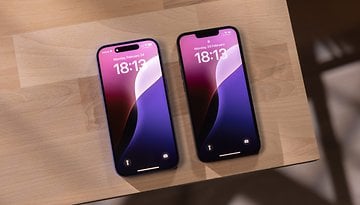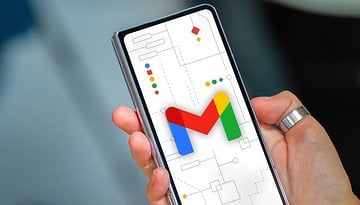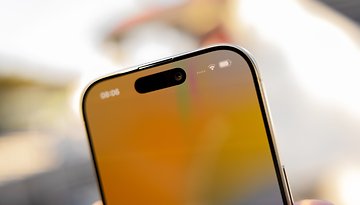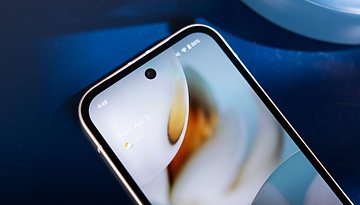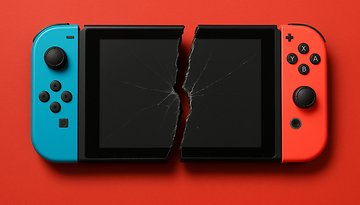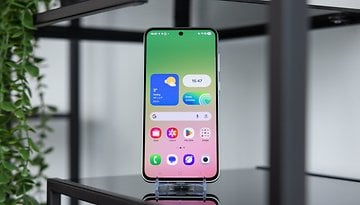iOS 17.4 to Allow Sideloading in EU—Here's How It Affects You
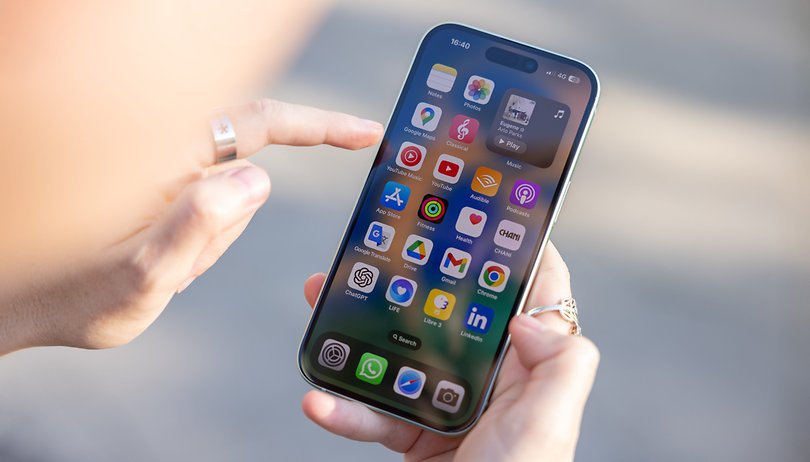

Apple announced that it will introduce significant changes to its App Store by allowing third-party app marketplaces and the sideloading of apps on iOS in addition to letting users change the default browser on iPhones for the very first time. This decision was in response to the European Union's new DMA (Digital Market Act) and those iterations are planned to arrive with the iOS 17.4 update in March.
Third-party app stores, browsers, and sideloading
Once iOS 17.4 arrives, iPhone users in the EU will be allowed to install alternative app marketplaces and choose another default app store. Users can then install any apps from these marketplaces, even those that are not inline with Apple's App Store policy, such as streaming game services and chatbot apps.
- Also read: Protect your iPhones with these top 5 apps
With this update, it is now possible for developers like Google and Mozilla to deliver their full web browser versions to iPhones, which do not rely on Apple's WebKit platform. For instance, Google can release a Chrome version powered by its in-house web browser engine. This change means users will be able to use plug-ins or extensions associated with third-party browsers in the process.
However, the Cupertino company still argues that opening the App Store increases privacy and security risks for users. On such a note, they are deploying measures and “safeguards” to help users while they comply with EU's regulation.
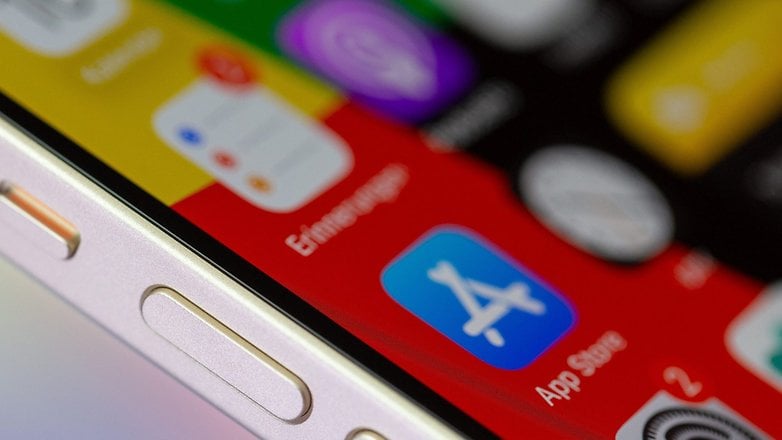
On the developers' side, these third-party app stores and apps will still undergo the “notarization” process, where they will be reviewed and checked on whether developers have met Apple's base guidelines in ensuring platform integrity and security. Apple will also check the apps for malware and other security threats before these apps are made available.
iPhone's NFC won't be limited to Apple Pay
Another big change that is coming is how third-party payment will be handled under this new regulation. Apple said it is adhering to the EU by opening up the contactless payment system. What does this mean for the end user? Banks and other services can now utilize NFC on iPhones for contactless payment on their apps whereas it was only possible with Apple Pay before. Setting a default payment system in the region is supported, too.
Surprisingly, there are also sweeping changes in how Apple manages commissions on the App Store and with these upcoming new third-party stores and apps. Developers in the EU can choose to distribute their apps through Apple or a different channel. They will only need to pay a 3 percent fee if they opt to use Apple's payment system.
More importantly, Apple will only take 17 percent of the commission for in-app purchases and subscription payments starting this year in the region. Even so, there is a program for qualified “small businesses” and “most developers” to only pay 10 percent after the first year.
Apple is also introducing a new Core Technology Fee that requires developers to pay €0.50 per annual app install. However, this is only applicable to apps that enjoy at least a million installs within a calendar year.
When will the App Store changes take effect and which iPhones are affected?
Apple is currently testing these planned changes with developers in iOS 17.4 Beta. The iPhone manufacturer said that the software update will be released to the public in March. As usual, only users in 27 countries in the European market will be affected by the regulation. Right now, it is unclear how the App Store's changes are going to impact older iPhone models that will not receive the iOS 17.4 update.
What is your stance on the Digital Market Act? Do you think it is right for Apple to be forced to open its walled garden? Will this benefit users in the end? We'd like to hear your thoughts on this.
Source: Apple






